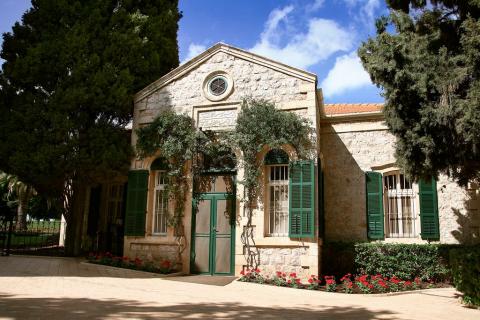The word sport is a contracted form of “disport” which means to amuse, to divert one’s self. It includes play, amusement, entertainments or recreation. It is a word which signifies the outdoor recreations, the athletic work as contrasted with the serious intellectual occupation.
Sports have existed in the past ages and have played an important role in the history of mankind. Whenever a nation, regardless of its resources and extension, realized the importance of sports and put that realization into practice she attained a notable stage in the history of the world.
The ancient Greeks deeply felt the indispensability of sports, they stuck to it and it is out of these marvelous Olympian games that Sparta got such renown and reputation. The original Celtic inhabitants of Great Britain were an athletic race and the early Teutonic monuments abound in records of athletic prowess. Neither Ireland nor Scotland lagged behind England in these bodily amusements and work. In America early in the year 1870 people thought of organizing an association for amateur athletes and they succeeded, as we can judge by their present condition, in carrying out their plan and creating interest for sports in the American citizens.
Such organizations soon were established in Canada, in Austria, and in the British Colonies. In American and England people were so convinced of the noble function of sports in life that they started to revive the old Olympian Games. They persevered in carrying out their plan and the result of their work is now deeply appreciated by the whole mass of Orientals. The Romans admired the success of the Greek athletic life, and under Fulvis Nobiler in 186 B.C. professional Greek sportsmen established a series of sports in Rome. The gladiators are nothing but an old revival of the Olympian Games and it is sufficient to say that the influence which these sports exerted upon the Roman citizens cannot be estimated.
If we consider sports from a general point of view and consider their relation to the life of the ancient people we must inevitably come to the conclusion that sports if well conducted, have always raised the standard of the nation to a very high degree.
Nations which have played an important role in the Ancient History have all felt the necessity of sports and have introduced these athletic contests in their own domains.
Our next is to examine the results of sports or better, their function. The fact that athletics, a branch of sports, is of great advantage to life is evident to the experienced student of modern European Colleges. The argument which established its necessity is opposed by ignorant people yet it has grown nowadays into an irrefutable fact. Athletics are necessary if not indispensable for the future success of the nation as well as of the individual. “A sound mind in a sound body” was the motto of the Greeks and the model of the strong, healthy and vigorous Spartans. Their carrying out of the plan was a cause for the long existence of Greece and for its luxuriant literary culture. This model in just the same way should be put into action if we wish to have any success in this world.
Athletics refresh the body, tranquilize and enlighten the mind, and develop moral character. As a concrete example let us take a student in his college activities. The student who does exercise is always fresh and vigorous, he seldom gets sick and tired. His jovial character, his good disposition and his interest in life are his chief characteristics.
Moreover in exercising, the student gets animated, his blood is purified and consequently his mind becomes more apt to receive the ideas and thoughts found in his lessons. The health which he acquires will help him to work harder and he becomes more successful. A weak person seldom can endure the hardship of school-life, the trouble of memorizing and persevering in his daily lessons. Lastly when a student is busy with athletics during recess time his ideas do not deviate any more to the path of impurity, to think of such trivial things and the health and strength which he acquires will help him in overcoming such temptations. Generally a healthy person is endowed with a will stronger than that of a weak person.
We see therefore that athletics ameliorate the condition of a person during all his college course.
Sports, in general, have had an important and estimable function in life and will inevitably in future be regarded as the indispensable factor for intellectual and moral growth.
